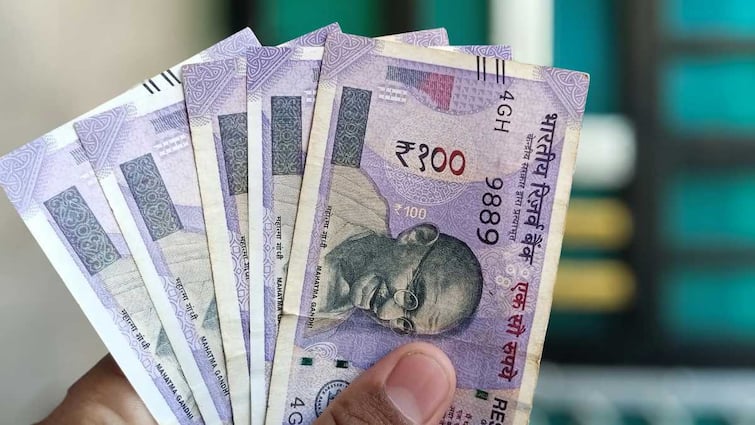Over 1.2 crore central government employees and pensioners are eagerly waiting for the 8th Pay Commission to take shape, but the process appears to be moving at a snail’s pace.
Despite the government’s approval earlier this year, the crucial groundwork for the much-anticipated pay revision is still incomplete.
Delay in Formation Raises Questions
Although the Union Cabinet, led by Prime Minister Narendra Modi, gave the green signal for the 8th Pay Commission on January 16, the commission is yet to be formally constituted.
The government has not appointed a chairman, nor has it finalised the Terms of Reference (ToR), the essential document that lays out the scope and responsibilities of the commission.
Without the ToR, the commission cannot officially begin its work. It determines everything from salary structures and allowances to pension rules and retirement benefits. In simpler terms, the ToR acts as the rulebook for the entire process. Until it is notified, the commission remains just a proposal on paper.
For perspective, the 7th Central Pay Commission (CPC) was announced in September 2013, and its chairman and ToR were finalised by February 2014. However, despite the 8th CPC’s announcement nine months ago, there has been no movement on appointments or formal notifications.
Why Salary Revisions May Take Time
Even if the 8th Pay Commission becomes operational by early next year, history suggests that employees may have to wait longer for a salary revision. Traditionally, it takes two to three years from the time of formation for a Pay Commission’s recommendations to be reviewed, approved, and implemented.
Going by this trend, it’s unlikely that the revised pay scales will kick in before mid-2027 or early 2028. For instance, the 7th Pay Commission was set up in February 2014, and its report was submitted in November 2015, with implementation following in 2016.
So, even if the 8th CPC submits its report by late 2026 or early 2027, a salary hike is improbable before July 2027, according to recent media analyses.
What the 8th CPC Will Cover
Once established, the 8th Pay Commission will undertake a comprehensive review of salaries, pensions, and allowances for more than 1.2 crore beneficiaries, including 50 lakh serving central government employees and 65 lakh pensioners, among them, defence personnel and retirees.
It will also recommend revisions to the Dearness Allowance (DA), aligning it with inflation and the cost-of-living index. The panel will include a chairperson and at least two members.
Typically set up every ten years, the Pay Commission system ensures that government compensation keeps pace with economic realities. The 7th Pay Commission, implemented in 2016, remains in force until January 2026, when the 8th CPC’s recommendations are expected to take over.
While the government’s approval has sparked optimism, the absence of a chairman and ToR means that the official countdown hasn’t truly begun. Unless the process accelerates soon, central government employees might need to keep their celebrations on hold for a while longer.



